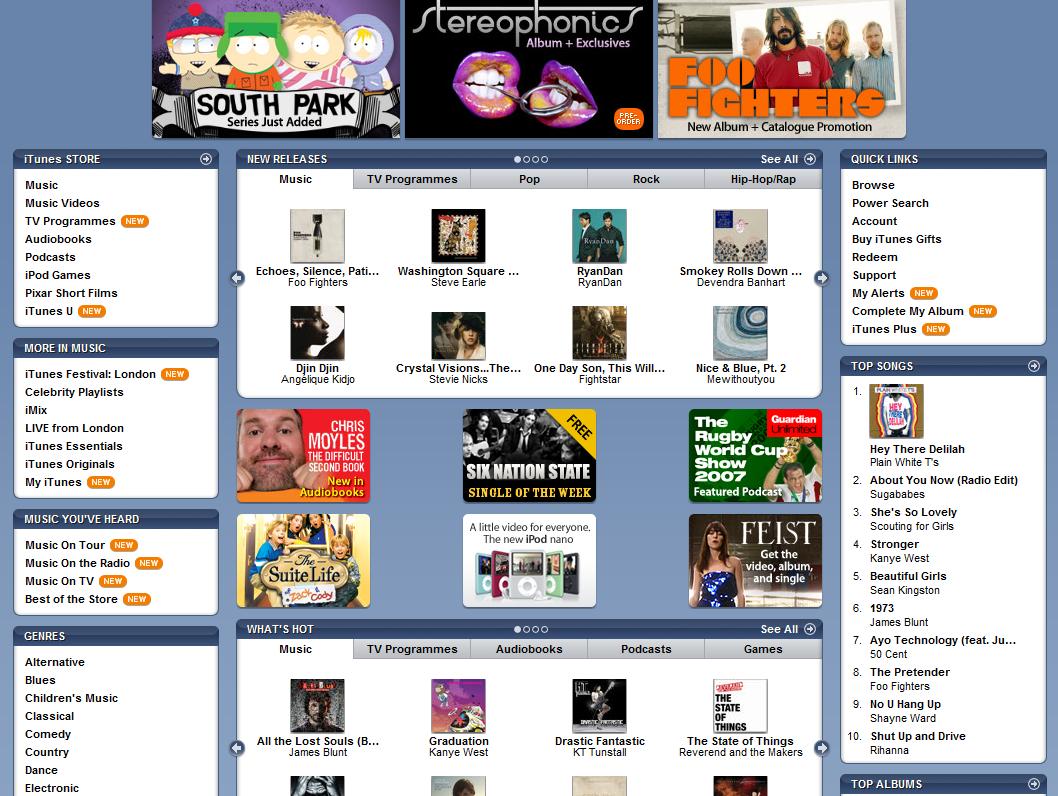The Mayas predict the end of the world for the year 2012, but even if we survive another year, can we hope something for our future?
Fifty years from now, men might have changed their habits and might protect the planet Earth. Maybe the planet Earth will be the nicest place to live in the entire universe or maybe we’ll have to deal with the Martians, I don’t know.
Maybe we’ll forget the meaning of the word “crisis” and the capitalist system will just be a bad memory for old veterans like us.
But 2060 could also be the start of a nuclear war between the United States and China (or others countries), which could destroy the entire planet and kill the entire population, who knows?
In my opinion;, I know that a lot of things could happen in fifty years, and not just bad things, as some of my friends think. I hope that our children will live in a better world than ours. Maybe I’m an eternal optimist and maybe I’m wrong but let me dream!












